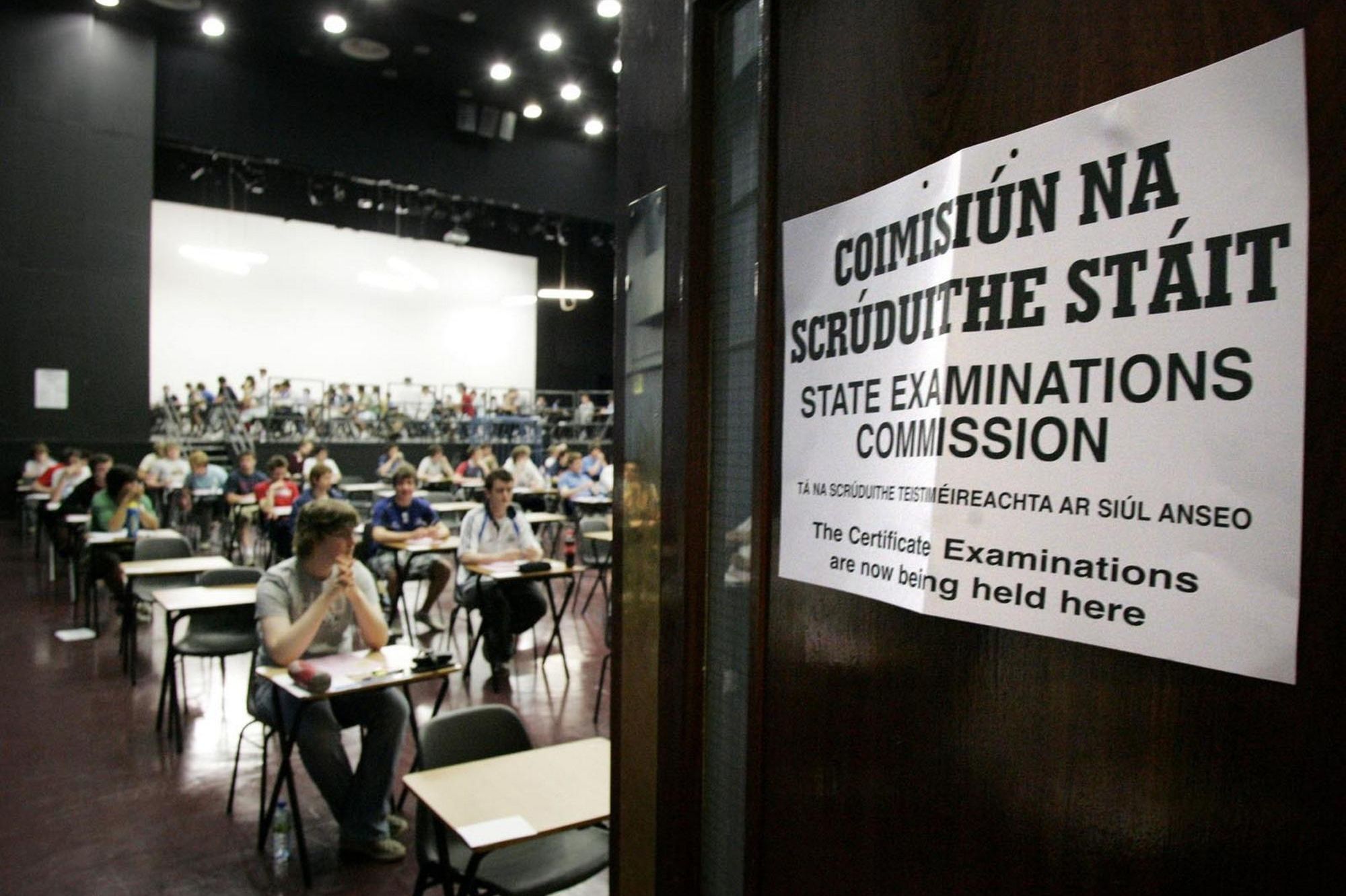The Leaving Cert evokes memories of those nostalgic and sunny two weeks in our own lives, whether it was spent in a gym or study hall. The school never appeared the same before or since. For many, it marked the last time they would step foot in that place.
When I reflect on that time, I’m reminded of the stress and exhaustion. While stress was universal, fatigue was a new experience, as relentless revision and mock exams took a toll on our young minds. Unfortunately, this aspect is often overlooked. However, upon scrutiny, it becomes clear that our young people have been confined to a one-way street of endless revision, neglecting the type of creative thinking that is celebrated in the real world.
Looking back, I don’t remember much of the rote learning we were forced to endure. The chemical equation for photosynthesis, a few memorable Irish phrases from study guides, and surprisingly, the poetry remain ingrained in my memory.
I recall laboring over the works of Patrick Kavanagh, particularly “Inniskeen Road: July Evening” and “Canal Bank Walk.” That year, I had a teacher who instilled a love for poetry in the class, allowing us to analyze poems with great skill. I found solace in poetry and the novels we studied, such as John McGahern’s “Amongst Women.” In many ways, these works became guiding lights when I returned to Ireland seven years ago. They proved that poetry can stay with you for a lifetime.
Last year, I had the opportunity to deliver the keynote lecture on Kavanagh at the Patrick Kavanagh Centre in Monaghan. It made me realize that my Leaving Cert not only introduced me to the beauty of poetry, but my friends who had worked in the Western Australian mines still carried those lines in their heads after all these years. It was comforting to know that poetry could reach far and deep, even in the remote corners of the world.
I didn’t perform well in my English exams during the Leaving Cert. I was nervous and fell ill on the morning of English Paper 1. However, it didn’t deter me from pursuing journalism and later, literature.
When I entered college, I was exhausted, and the learning system there was completely different from the rote learning of secondary school. It demanded independent thought and critique, something we hadn’t been adequately prepared for. But I digress.
Every year, 135,000 students face the Leaving Cert and its challenges for two weeks. They have studied and learned, and while I’ve heard that the exams are changing, when will we witness the substantial overhaul we tirelessly discuss each year?
This year’s class is unique; they are the young people who navigated the pandemic and experienced remote learning during the worst of the crisis. Their challenges are even more real.
We all desire the best for our young people, and we hope the exams go smoothly. However, unexpected challenges can arise, as seen with this year’s Maths Paper 1.
There are various paths to achieving dreams in this world, and the Leaving Cert, though important, is not the end-all. In fact, it can be a new beginning.
When I reminisce about that time, I’m grateful it is over. The dreams and aspirations I had back then have mostly materialized. I’ve become the writer and filmmaker I set out to be. Of course, it required time and effort, but dreams aren’t easily realized, are they?
If your child, your shining star, is taking exams this year, don’t lose hope if things don’t go according to plan. Sometimes, certain pursuits require a second attempt or a reevaluation for college.
We must shield our young people from stress and instill in them a self-reliant mindset.
Their future lies in their hands, and that is a powerful lesson to learn, whether or not they complete the Leaving Cert.
Looking back, all I have left are the poetry and the chemical equations. Occasionally, I have dreams about missing a paper, but there’s not much else. I hope the so-called murder machine doesn’t dampen the spirits of the special class of 2023.
We need the younger generation to think as creatively as possible as we venture into a new world that demands diverse minds. Our society, this global family, requires minds of all kinds, from poets to engineers.
Among them could be the next taoiseach, the next Nobel laureate, the next football manager or urban planner. We need all of them, and each one is valued. That, perhaps, is the ultimate lesson to impart to our young people: we want them to be themselves because, for the most part, we need a variety of minds to make this civilization flourish.
Denial of responsibility! VigourTimes is an automatic aggregator of Global media. In each content, the hyperlink to the primary source is specified. All trademarks belong to their rightful owners, and all materials to their authors. For any complaint, please reach us at – [email protected]. We will take necessary action within 24 hours.


